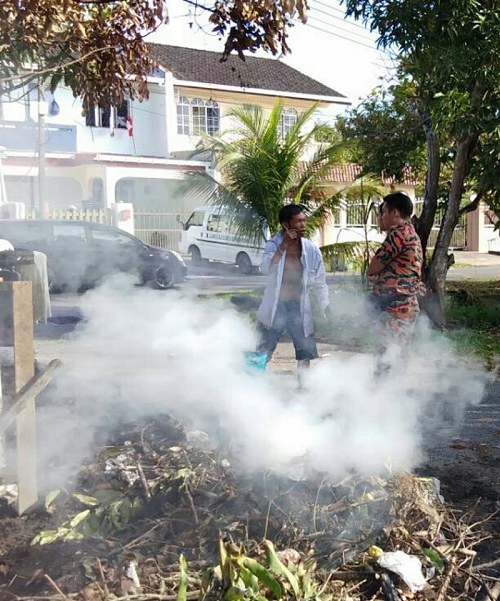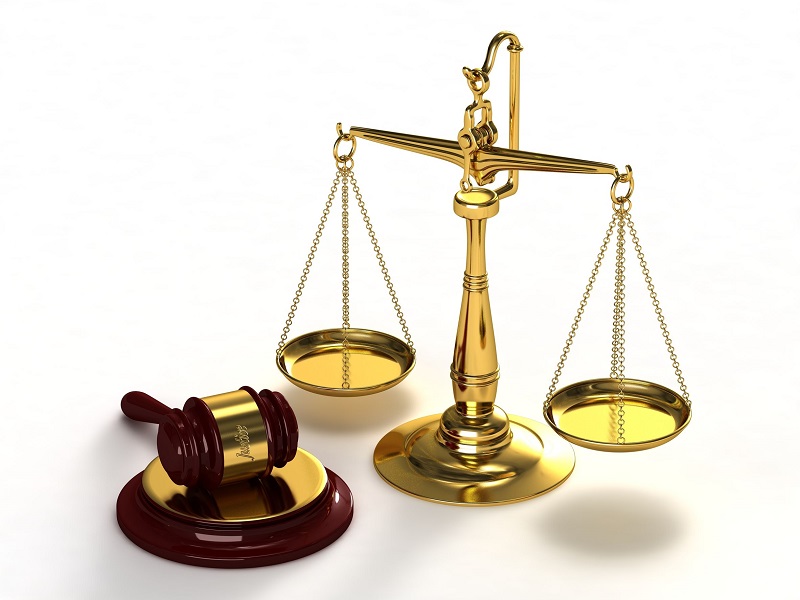By Viktor Chong viktorchong@thestar.com.my
THERE are many ways to solve an issue. As adults, we attempt a diplomatic solution for all our problems. However, when other means are exhausted, it is useful to know how one could take legal actions against difficult neighbours.
Messrs Eunice Tan & Partners founder Eunice Tan Mui Lee is here to provide a legal perspective on handling your neighbours from hell. (Take note that Tan’s law language has been edited for easier understanding)
On a different note, we could all do better by reading up on how to be a good neighbour.
1/ Please describe the law of Tort from a Malaysian perspective.
Tan: The law of Tort in Malaysia is a principle in the common law where it is your duty of care not to cause injury to other people.
2/ How do we establish a case against a bad neighbour?
Tan: To establish the tort of negligence, the person who initiates the legal proceeding in the court has to establish four elements :
- that the person who is being sued (tortfeasor) owes a duty to take reasonable care.
- that the tortfeasor has breached that duty.
- that the tortfeasor's breach caused that harm in question,
- and that the complainant suffered damage which is not too remote.
The Neighbour Rule is used to determine whether the tortfeasor owes a duty to take reasonable care to the claimant. It simply means that you are to love your neighbour, and not injure them.
Definition of neighbour:
“Neighbours” are people who are so closely and directly affected by your actions that you should reasonably think about them.
The tortfeasor must take reasonable care to avoid acts or omissions which he can reasonably foresee would be likely to injure his neighbour. The Malaysia courts have traditionally applied the Atkin test to determine the duty of care.
Nuisance:
If an owner or occupier has exhausted all diplomatic means and the neighbour still does nothing to stop or alleviate the act, then he or she may bring a tort action to the court on the ground of private nuisance. A neighbour’s conduct of blasting out the radio during the night, for instance, is considered a private nuisance.
Private nuisance can be rudimentarily defined as the act done by an individual who does something on his own property, which interferes with his neighbours’ ability to enjoy their property by putting it to profitable use.

A fireman from the Miri Bomba caught a worker at a housing project red-handed, carrying out open-burning in a residential area in Miri.
3/ Is it easy to create a case and bring the troubling neighbour to court?
Tan: The law of private nuisance has to be balanced between the rights of the individual’s inconvenience against the communities’ interest to do whatever they want (in the enjoyment of their own land or property).
Whether the action of the person being sued is considered a nuisance is a question of degree, and it also depends on the circumstances of each case.
It could be determined by reference to the time and place where the action was committed, the seriousness of the harm, the manner of committing it and whether it is done maliciously.
The person who brings up the tort action has the burden to prove the case by showing that the bad neighbour’s conduct has caused harm to him or her and it is reasonably foreseeable.
Reasonably foreseeable:
It means that a reasonable person would be able to predict or expect the ultimate harmful result of their actions.
The key consideration to justify your case and damages:
Sufficient evidence needs to be gathered to prove that the wrongful acts of the bad neighbour had caused damage or interference to the person’s personal comfort in the use of his premises.
The person who initiates the tort action has to show that he is a person who is so closely and directly affected when the bad neighbour is directing his mind to the acts or omission which he might reasonably have foreseen.
Usually, a nuisance can be considered an actionable nuisance when the disturbance or interference is continuous. Therefore, the possibility to bring any tort action against the tortfeasor depends on the degree and the evidence that you can provide in court.
For those who are in a strata living, you can refer to your Deed of Mutual Covenant or the house rules of the condominium that guides the behaviour of the residents. The common covenants in a strata title demand that residents do not create any nuisance.
It is decided in case law that everyone would be expected to be put out by a certain extent, of the disturbance and noises from the outside world. It is inevitable to live in an urban society where noises from other people’s activities will intrude into our privacy.
Other unreasonable actions include the continuous shouting, banging, laughing, ringing of doorbells or other behaviours that produce noise, which is a nuisance that interferes with the owner’s enjoyment of his property.
A mere inconvenience is not an actionable nuisance. The decided cases show that it is a matter of degree at all times and the conduct has to be an unreasonable conduct in the circumstances of the case for it to be actionable.
In another instance, the act of openly burning prayer offering which causes unpleasant and noxious smoke smell (ashes are also blown to neighbouring houses) will also cause a nuisance as it interferes with the complainant’s quiet enjoyment of their land. It inevitably reduces the amenity value of the land.
4/ Do you have any clients that have approached you for a case related to something like this?
Tan: One of my clients has a terrible neighbour. Her neighbour rears pigeons without taking care of the cleanliness of the place. The noxious smell and loose feathers of the pigeons had caused her to develop a sneezing and nasal problem.
She has sought all available diplomatic actions including lodging a complaint with the joint management body. Sadly, the management did not take any action as well. In this case, we advised her to file a tort action against the neighbour for an injunction (authoritative warning) base on private nuisance and to claim for damages.
5/ How does the court establish if I am liable to receive compensation for damages?
Tan: The rule of thumb is to restore the owner (the person who has suffered damages) to the same position as he would have been if he had not sustained damages from the tortious act.
The damages in a tort action for nuisance is compensated for any loss resulted to the owner as a foreseeable consequence of the wrongful acts.
For damages in terms of mental and emotional distress, the test for the damages awarded is one of a reasonable man test that is - would any reasonable man incur the same mental or emotional stress due to the same disturbance or hardship caused by the conduct of that neighbour?
If the answer is yes, the owner may be awarded a nominal damage due to his physical discomfort and mental stress.
In the case where the nuisance causes physical damage to the owner’s property, the measure of the damage could be by computing the capital value of the property in its undamaged state and comparing it with its value in a damaged state OR by taking the cost of repair or reinstatement being the direct consequence of the bad neighbour’s tortious act.
For the situation where there is a reduction in value of the owner’s house due to the damage caused by the nuisance, the court will take into consideration of the fact that the land has a reputation.
It is normal for a stigma to be attached to a house, for instance, if the area is prone to flooding. It could also be due to the atmosphere of the area, such as excessive noise or smoke, possible physical damages to the property, or neighbours with a bad attitude. All these conditions will reduce the value of the house.
Based on these situations, the court will award the damages based on the reduction in the value of the owner’s house. It does not matter what the owner’s future intentions is - whether to use the house, to sell or to continue occupying the house.

















































